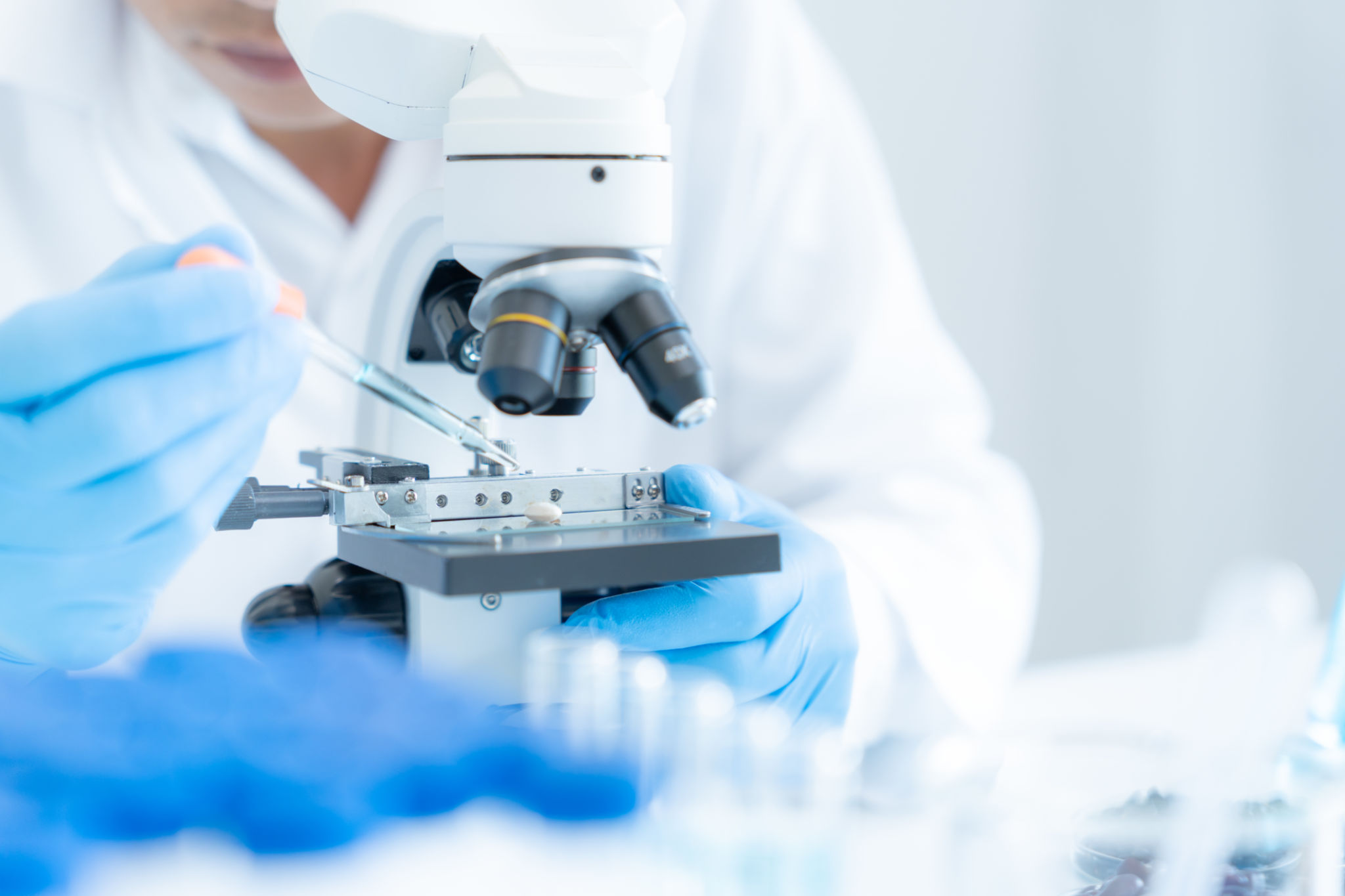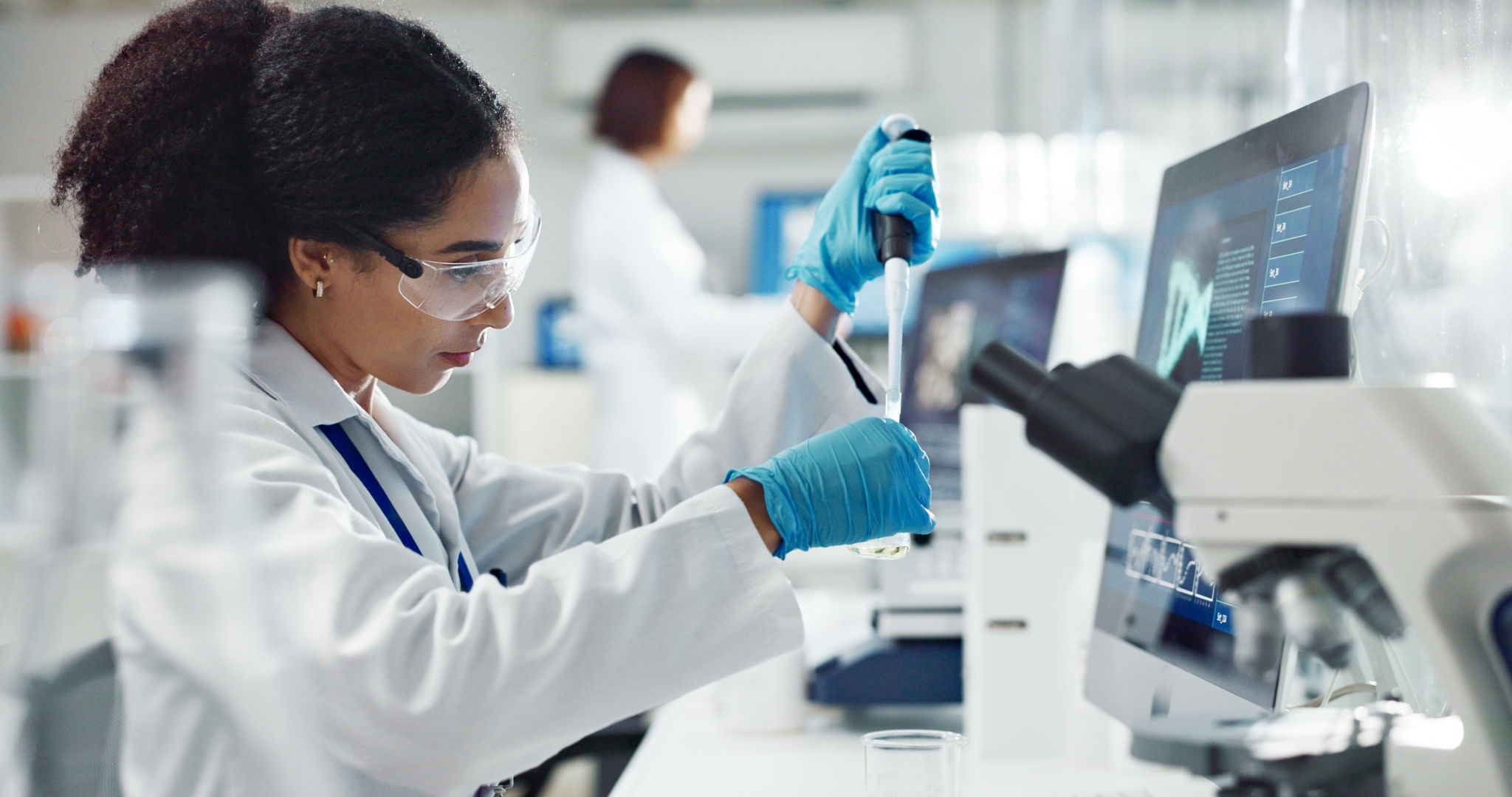Breaking Down Biotech: Common Misconceptions and the Reality of Modern Science
Understanding Biotech: A Modern Marvel
The field of biotechnology is often shrouded in mystery and misunderstanding. While it's a cornerstone of modern science, many misconceptions persist about what biotech really involves and its impact on society. At its core, biotechnology harnesses cellular and biomolecular processes to develop technologies and products that improve our lives and the health of our planet.

Common Misconceptions About Biotech
One of the most prevalent misconceptions is that biotechnology is synonymous with genetic modification. While genetic engineering is a component, biotech encompasses a broader range of applications, including pharmaceuticals, agricultural improvements, and environmental conservation. This misconception often leads to unwarranted fear and skepticism about biotech advancements.
Another misunderstanding is the belief that biotech solutions are inherently dangerous or unnatural. In reality, biotechnology often works in harmony with natural processes. For example, many biotech products are derived from naturally occurring compounds that are enhanced for efficacy and safety.
The Reality of Modern Biotechnology
Modern biotechnology is responsible for some of the most groundbreaking advancements in healthcare. From the development of targeted cancer therapies to the rapid creation of vaccines, biotech innovations are saving lives and enhancing quality of life worldwide. These advancements are the result of meticulous research and rigorous testing.

Biotechnology in Agriculture
Agricultural biotechnology plays a crucial role in addressing global food security challenges. Through genetic modification and other techniques, scientists can develop crop varieties that are resistant to pests, diseases, and environmental stresses. This not only increases yield but also reduces the need for chemical pesticides, which benefits both the environment and human health.
- Crops with enhanced nutritional profiles
- Improved resistance to climate change
- Reduced agricultural waste
Biotechnology's Role in Environmental Conservation
Biotechnology also offers tools for environmental conservation and sustainability. Bioremediation, for instance, uses microorganisms to clean up contaminated environments, breaking down pollutants into less harmful substances. This process showcases biotech's potential to repair some of the damage human activities have inflicted on the planet.

The Ethical Considerations
While biotechnology holds promise, it also raises ethical questions. Concerns about genetic privacy, the potential for bioengineering in humans, and the long-term impacts on ecosystems are valid and must be addressed through careful regulation and public discourse. Ensuring that biotech developments align with societal values is crucial for responsible innovation.
In conclusion, biotechnology is a diverse and dynamic field that offers solutions to some of the world's most pressing challenges. By dispelling common misconceptions and embracing the reality of modern science, we can better appreciate the benefits that biotechnology brings to society.
